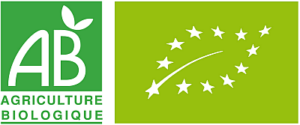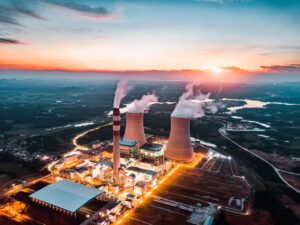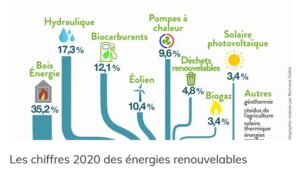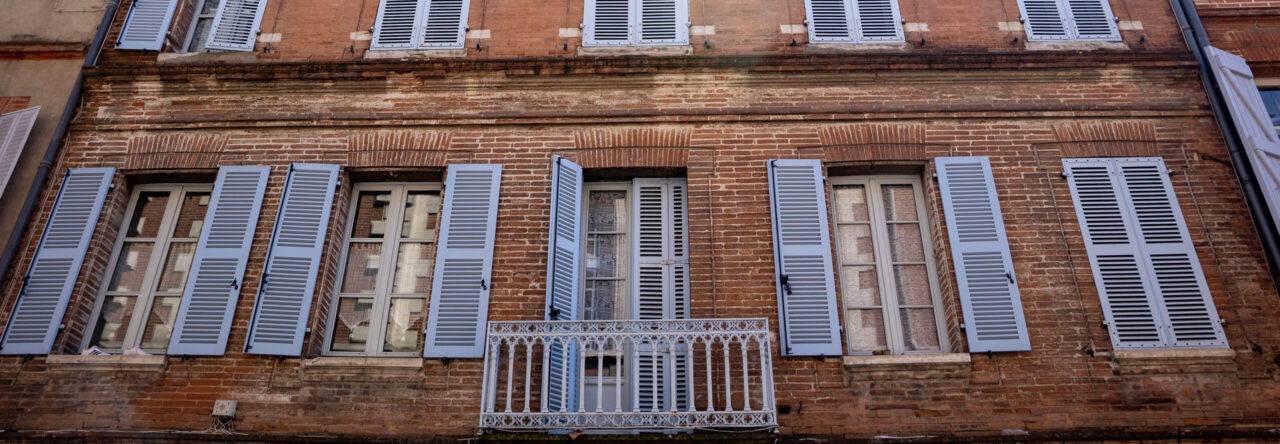As the threat of climate change has come to light in the past century, the sustainability movement has developed internationally in response. In France, this movement has grown since the beginning of the 20th century, with institutionalized natural resource management, and has since grown into a cultural phenomenon and national debate. At the local, regional, and national levels, the sustainability issue is key to understanding France’s history and future. The Covid-19 pandemic is a landmark event that has shifted how consumers and lawmakers alike regard their relationship to the environment. Sales of organic products have been on the rise in recent years as consumers consider simultaneously the impact of consumption on the environment and their own health. This movement has shaped other day-to-day behaviors, such as the usage of electricity, fuel, and water, shaping a national culture around living ‘eco-friendly.’ Sustainability also concerns the current methods of producing and consuming electricity, which rests heavily on nuclear energy. However, France’s dependence on nuclear energy is a heavily debated issue in the upcoming 2022 presidential elections. To what extent do the sustainability-conscious habits of French lawmakers and consumers reflect their national values?
Eating “BIO”


Bio, short for biologique, is the French word to describe an organic product created without synthetic fertilizers or pesticides. In the United States, a commodity is certified organic when it is reviewed by the USDA in a rigorous process that rewards the producer with a badge that can be stamped on packaging. In France, for food products, the logo AB, Certifié agriculture Biologique, is similarly managed by the state. According to 2020 statistics, France tails only Germany for retail sales of organic products with a market worth over 12.7 billion euros. Consumers are taking interest in the organic food sphere, and producers are matching the demand. France leads Europe with the greatest acreage of organic farmland.
The Covid-19 pandemic moved health concerns to the forefront. According to a study at the University of Montpellier, consumers are more aware than ever before of a connection between their own health and the environment. Agence Bio surveyed French consumers, finding a near overlap between how consumers perceived the environmental impacts of organic products and the positive health impacts. 87% believed organic products were beneficial to the environment; 82% believed that organic products were beneficial to individual health. This view of sustainability is notable. Drawing a direct connection between one’s own health and the environment, consumers feel as if they gain a tangible benefit while they also help the Earth.
The organic food movement is a success for the sustainability movement in the sense that it allows consumers to understand how their purchases make an impact on their country and world. In another survey led by Agence Bio, 60% of surveyed French people favored buying local products, intending “to consume differently.” Yet in the French agricultural market, because there are so many organic farms, buying local does often mean buying organic. Meeting a local organic farmer at a weekend marché, like a farmer’s market, builds a positive human connection that legitimizes the sustainability movement. In a commercial landscape dominated by chain grocers, why are so many French people preferring to buy local at these marchés? Perhaps most importantly, it’s because of these human connections.
Organic food has a hold on French agriculture, as the amount of land dedicated to organic farming and the size of the market show. But the reason why it has been a success is more engrained in French culture and tradition, chiefly the tradition of a small community marché. As a whole, the reasons why French people are seeking local and organic products overlap: health of self, the health of the community, and the health of the planet. In turn, this personalizes the sustainability movement, making it clearer for people how their individual choices can make a difference.
The use of electricity

In other day-to-day environmental considerations, limiting energy and electricity usage is essential in France. From limiting turning lights on to prioritizing using public transportation to avoiding wasting water, French people tend to be more environmentally minded than Americans when it comes to their daily tasks. For the most part, this is due to an average higher cost of electricity than that in the United States, allowing US energy usage to be far higher without costing as much to families. One kilowatt-hour of electricity in France costs 0.204 dollars, compared to nearly half that cost, 0.104 dollars, on average in the United States. The United States uses 8 times more energy than France each year. This is also due to a broader social culture around environmental consciousness in the latter country. Similar to the consideration of food products to buy, French people tend to be more mindful of responsible consumption, and it is by sharing cultural values at a small scale that this responsible consumption has become a national phenomenon. In a 2020 article in the Journal of Evolutionary Economics, researchers found social “peer” pressure to be a major determinant of sustainable consumption in France. This means that small-scale networks encouraging limiting electricity use are a powerful motivating force in the French sustainability movement.
The French day-to-day relationship to energy usage has been shaped by the history of electricity production in the country. After energy shortages during the first and second world wars, the country made an effort to be energy independent, developing a national carbon industry. The largest move toward energy independence, however, was following the 1973 oil crisis in the Middle East. After this period of turbulent energy sourcing, France was motivated to invest in nuclear power infrastructure, having few other easily accessible domestic power sources. Given its low carbon output, nuclear energy became an efficient renewable power source. France’s participation in the Kyoto Protocol of 1997 strengthened the country’s positive stance toward renewable energy and limiting electricity usage. Today, France is the third-largest producer of nuclear power in the world, with 70% of electricity consumed in the country coming from nuclear energy. This is a controversial energy source and is slowly being phased out, with investments going to other forms of renewable energy. Repeated phases of national energy insecurity, as well as a shared cultural attentiveness toward global warming, have shifted the French mindset towards energy consumption.
“Energy” goes with “Politic”

While nuclear energy has become widespread in France, it creates nuclear waste which is difficult to safely dispose of. Nuclear power stations have also proved complicated to create: the 10B€ plan for new nuclear facilities in 2012 won’t be ready before 2023 and will cost over 20B€. These downsides of nuclear energy, combined with optimistic French attitudes about renewable energy, have sparked a surge toward new energy sources. The French Ministry of Ecological Transition awarded 1.7 GW of renewable projects to private developers in April 2020, and the government budget for renewable energy rose by 25% in the 2021 budget. The 34B€ France 2030 plan, announced by President Macron in October 2021, develops government funding for industrialization with a focus on decarbonization. As a result of these measures, prices of solar panels have fallen 40% within the past 5 years. Through these policies, the French government has focused on both supporting renewable energy and reducing overall energy usage. Unfortunately, several goals such as the National Low-Carbon Strategy are not going to be met. Renewable energy is easy to glorify but poses many complications and uncertainties for an industrialized country. Public opinion reflects these concerns: according to the BVA group, nuclear energy is considered an advantage for France by 50% of French people in 2021 which is 3% higher than in 2019.
Debates about nuclear energy have been common leading up to the 2022 presidential elections. All right-wing candidates support the continued development of nuclear energy as well as funding for Astrid, a research program for recycling nuclear waste. Éric Zemmour and Marie Le Pen strongly support nuclear and hope to open between 6 and 10 new plants. Left-wing candidates are more divided. Jean-Luc Mélenchon and Anne Hidalgo argue that nuclear power needs to be phased out given the risk of nuclear waste and the high costs of building nuclear plants. However other leftist candidates, such as Fabien Roussel, defend unionized nuclear workers and argue that opening new plants despite nuclear’s issues is best for the country. As politicians create energy policies in the coming years, they must balance technological constraints, economic constraints, as well as the wants and needs of the French people.
Conclusion
In conclusion, the sustainability debate in France is ongoing and constantly changing. While there is a general national consensus to respond to the threat of climate change, the means by which to do so are not as clear. French lawmakers and consumers are faced with the need to balance cultural values and pragmatism. Renewable energy aligns with French values, but given the lack of developed renewable energy sources, politicians must consider how to meet current French energy demands. Organic food may dominate the agricultural landscape in France, yet it is ultimately up to individual choice if one wants to consume it. The ongoing debate on nuclear energy usage, energy dependence, and day-to-day electricity usage is in flux, also made unstable by the Covid-19 pandemic, and even more so with today’s oil price fluctuations related to the war in Ukraine. As climate and geopolitical crises continue, the balance between individual choice and cultural values will continue to moderate sustainable action.

Leave a Reply